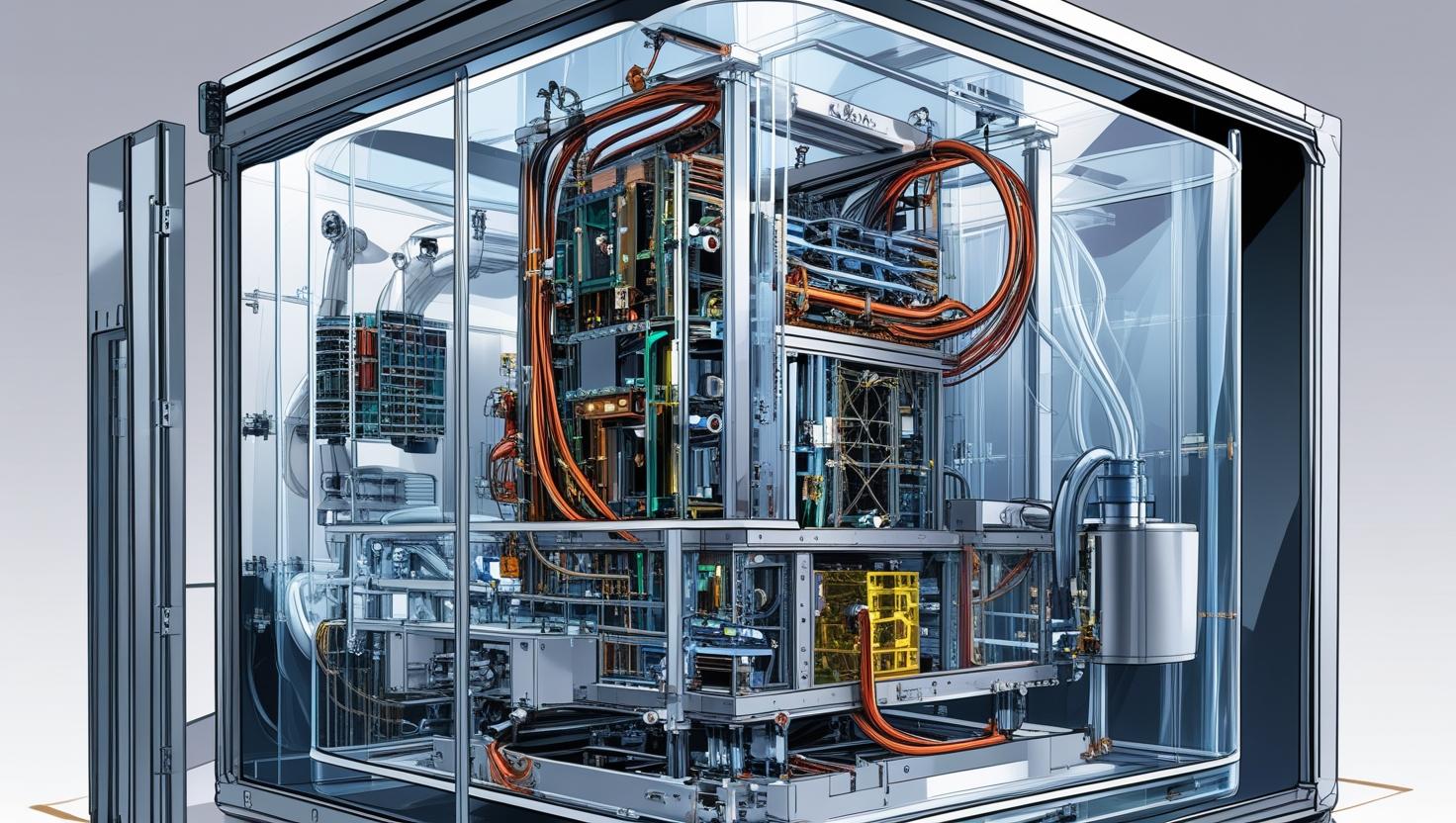Increased Processing Speed
Artificial Intelligence (AI) has captivated global attention, with rapid trend identification, forecasting and automation of mundane tasks. Unfortunately, this automation has led to widespread job losses with few viable alternatives for displaced workers.
AI is dependent on current technology in terms of speed of processing and data storage.
Imagine faster, cheaper, and more portable computing with increased data storage. The long-standing human pursuit of faster computation and smaller, cheaper data storage has led to significant advances. These include breakthroughs in Quantum computing, Quantum data storage, DNA storage, Holographic storage, and Atomic Scale storage.
Existence of Quantum Computers
Traditional computers use bits (0 or 1), while quantum computers use qubits, which can be 0, 1, or both simultaneously. Superposition allows quantum computers to explore possibilities in parallel, potentially exponentially increasing processing speed for specific tasks. Quantum computers are somewhat fragile as they are highly susceptible to environmental changes. Fluctuations in temperature, vibrations, electromagnetic fields, or stray particles can disrupt their delicate quantum state, causing computational errors. Researchers currently employ the following to protect quantum computers so that they can continue their work:

- Cryogenic Cooling ~ cooling qubits to near absolute zero (10-20 mK) minimises thermal vibrations and energy interactions that cause decoherence. The term indicates a loss of quantum characteristics.
- Vacuum Chambers ~ these chambers reduce the interactions with air molecules that could collide with and disrupt the qubits.
- Electromagnetic Shielding ~ mu-metal and superconducting shields block external electromagnetic fields. They also block radio frequency and stray magnetic fields that could change qubit states.
- Vibration Isolation ~ the quantum computer is mounted on vibration-damping tables or suspended systems. These reduce vibrations, acoustic noise, and even subtle building movements.
- Light/Radiation Shields ~ in certain cases, qubits are shielded from all forms of light, including infrared radiation. This can generate quasiparticles (unpaired electrons), leading to energy loss and decoherence.
Based on the above, the influence of quantum computers in our daily lives seems some way off. It’s a relief not to live in or be dictated by a machine-driven world.
Beneficial Use of Quantum Computers
Given the constraints mentioned in the previous section, it does raise the question why researchers are pursuing this technology. The likely answers are that they aim to improve life by addressing the challenges listed below:

- Drug Discovery and Materials Science ~ simulating complex molecular interactions with greater accuracy is possible. This capability, beyond traditional computers, leads to the development of new drugs.
- Cryptography ~ developing quantum-resistant encryption that cannot be hacked by disruptors or ransomware individuals.
- Optimisation Problems ~ finding efficient solutions for highly complex scenarios in logistics, finance, and manufacturing.
- Artificial Intelligence and Machine Learning ~ improving AI algorithms by processing vast datasets and training more sophisticated models.
- Weather Forecasting and Climate Modelling ~ developing more precise and timely predictions.
Detrimental Use of Quantum Computers
While quantum computers offer transformative benefits, they also pose significant risks and potential for detrimental uses. For example:

1. Breaking Modern Encryption
Increased processing speed combined with sophisticated algorithms can exploit system vulnerabilities. This poses a threat to various sectors, including online banking, e-commerce, secure government communications, and personal data.
2. Enhanced Surveillance and Privacy Invasion
Processing vast amounts of data could enable unprecedented surveillance, potentially invading privacy. This could also result in data manipulation that leads to social inequalities.
3. Geopolitical and Military Advantages
Quantum computers could decrypt enemy communications and analyse vast amounts of battlefield data. Such actions would lead to strategic insights, thereby severely undermining opponents and potentially resulting in authoritarian control.
4. Ethical Dilemmas in AI and Other Fields
There is a great deal of concern regarding the justification of AI-derived decisions. Quantum computer parallel processing adds another dimension, making it increasingly difficult to identify and mitigate biases or unintended consequences.

